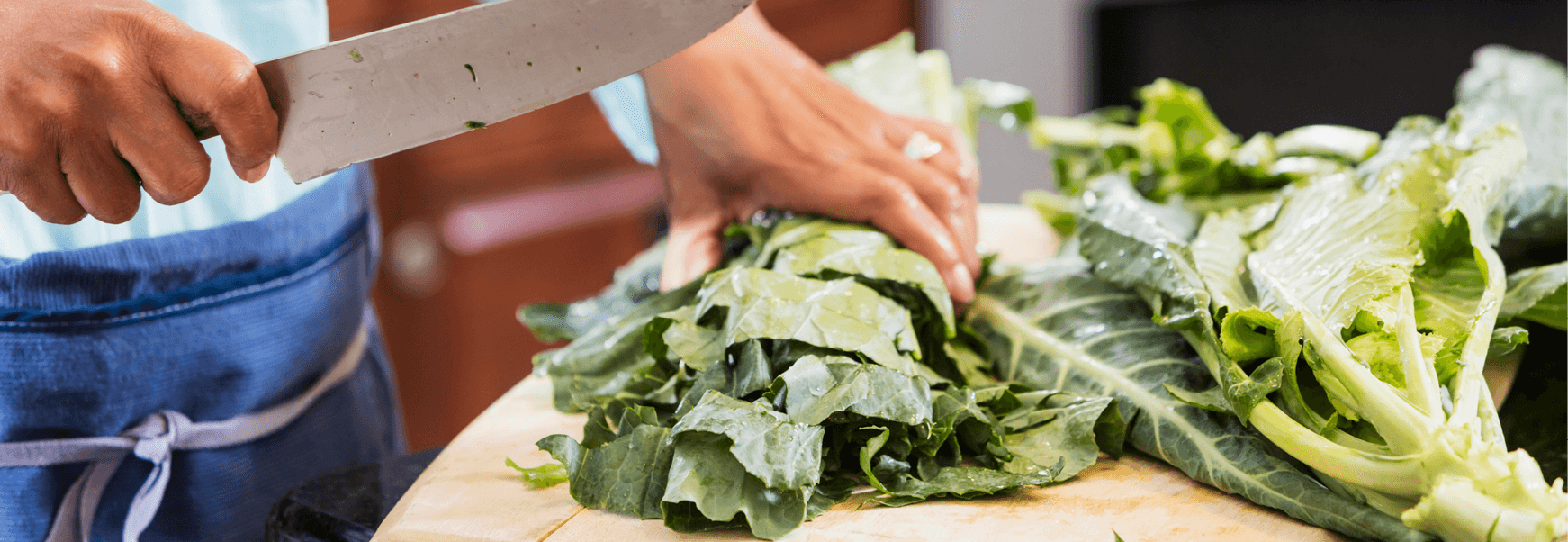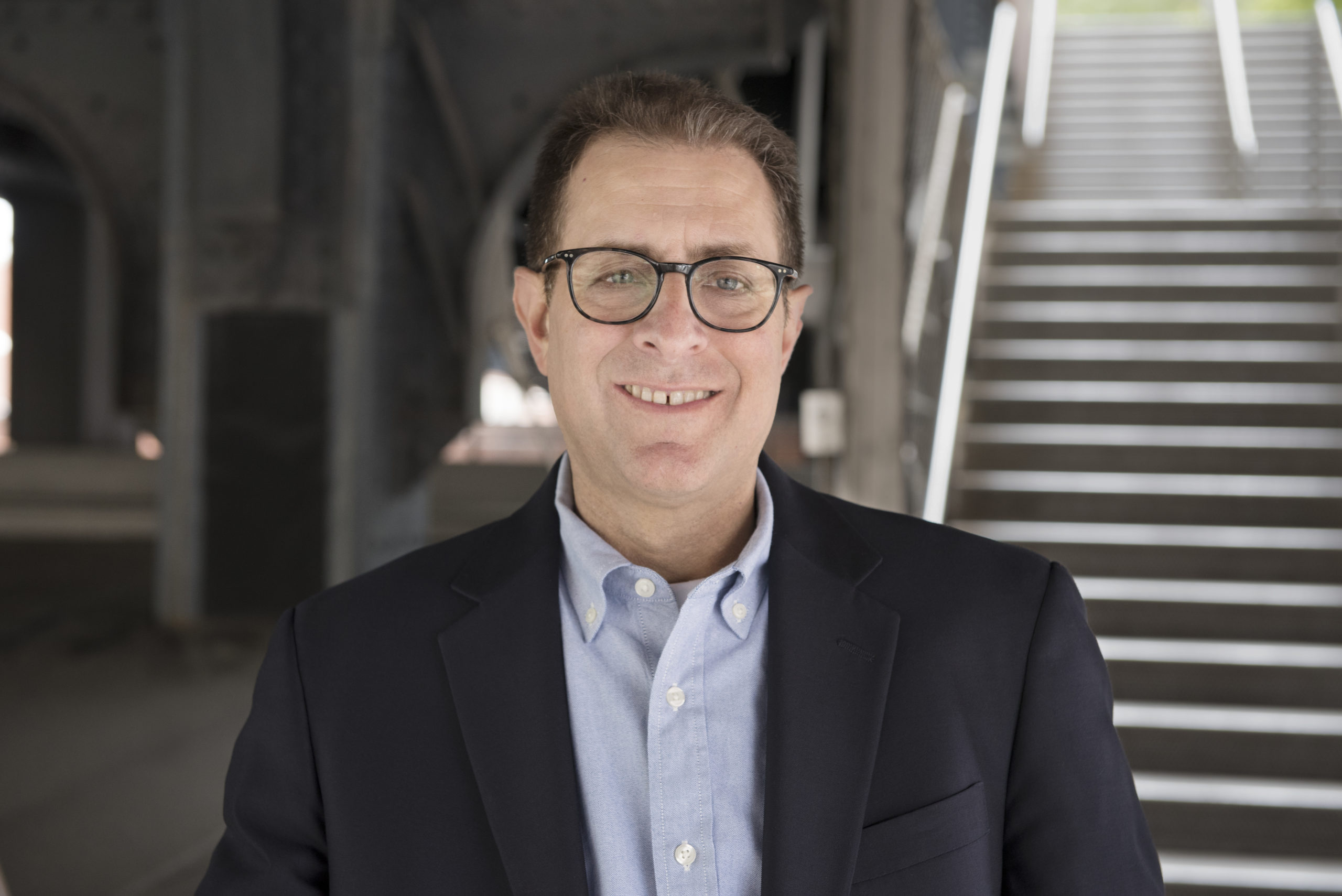Sharanda Jones is a southern soul food cook. Catch her any evening, and you’ll find her prepping meals and giving others a taste. Tonight, she’s fixing baked chicken and smothered steak—last week, she cooked black-eyed peas for her daughter and granddaughter.
Three years ago, Sharanda’s kitchen, now in an apartment in her native Texas, looked very different. Back then, Sharanda was federal inmate #33177-077 in Fort Worth, trying to recreate her favorite flavors from inside her cell.
“I’m a cook and I love cooking—and I always knew I would still want to cook if I got out,” she says. “I learned to make dishes in prison as close to home as I could.”
It was cooking, her family and her faith that kept Sharanda going during the 16 years and nine months she spent behind bars.
In 1999, Sharanda was sentenced to mandatory life without parole for her involvement in a nonviolent drug conspiracy. The judgment came as an absolute shock to Sharanda, who had never before been arrested or convicted of a crime.
“That day, I was a little bit in denial of ‘life’ and what ‘life’ really meant,” says Sharanda, who was 32 at the time. “I was numb. I didn’t understand what I was going through.”
Other members of Sharanda’s family were sentenced for their involvement in the drug-dealing ring, including her mother, a paraplegic who suffered a horrific accident when Sharanda was three years old. But only Sharanda received life, primarily due to the testimony of co-conspirators who worked as confidential informants in exchange for leniency.
For nearly 17 years, Sharanda “programmed” herself to stay positive, she says. She developed a routine of visiting the hospital unit to see her mother, who died suddenly while incarcerated in 2012. She called her daughter, Clenesha—who was only eight years old when Sharanda went to prison – every day. She also taught cosmetology courses, and completed many self-improvement, education and mentorship programs in an effort to better herself and others.
“My main concern was to just keep looking up for my daughter,” Sharanda says. “I had to keep moving forward, even if it was just day by day.”
The day Sharanda met Brittany K. Barnett, a young lawyer, would change the trajectory of her life. Barnett, an attorney and criminal-justice reform advocate, told Sharanda what she least expected to hear.
“ was like, ‘I’m going to get you out of prison,’” Sharanda says. “When I met her she was so young and still in law school, I didn’t know if she was serious.”
But Barnett was serious. For the next six years, Sharanda and Barnett—whose own mother was incarcerated—developed a friendship that evolved into an unbreakable bond. As time went on, Sharanda’s faith in Barnett grew.
“I knew for sure that this young lady was going to get me out—for real,” Sharanda says.
Barnett made good on her promise. On December 15, 2015, Sharanda was granted clemency by President Barack Obama. It was a moment of breathless joy for Sharanda, who had more than paid the price for her crime and could now look to the future.
Since regaining her freedom, Sharanda has worked tirelessly to rebuild her life. She’s getting to know her 24-year-old daughter, and does her best to make up for lost time. Some days, Sharanda takes her two-year-old granddaughter to the park see the ducks.
“I promise I do all the granny stuff,” Sharanda says with a laugh. “We cook, I let her stir. I enjoy all of it.”
Sharanda has also become a passionate advocate for criminal justice reform. Along with Barnett, and Corey Jacobs she co-founded the Buried Alive Project, which works to eliminate life without parole sentences handed down under federal drug law through litigation and legislation, and humanize the issue. Sharanda corresponds with other “lifers” and does her best to offer words of encouragement, she says.
“It’s harder to be a lifer than to be a regular inmate in prison,” she says. “It’s really poured on that you’re going to die here, and you just have to keep that little light. That’s all you have.”
Sharanda tries to “be like a light” for the women who became her family while in prison, she says. Some of her friends have been released but many have not. She works daily to set a good example, and inspire them to continue making positive choices and remaining hopeful—even if they’re serving a life sentence.
In the future, Sharanda dreams of opening a food truck that employs ex-offenders who are living at halfway houses, trying to get back on their feet. On the menu will be hamburgers, updated classics from the restaurant she co-owned before she was arrested.
“The goal is to give the a second chance,” she says. “Always give somebody a second chance. Always.”—Stacey Kennelly Nester











